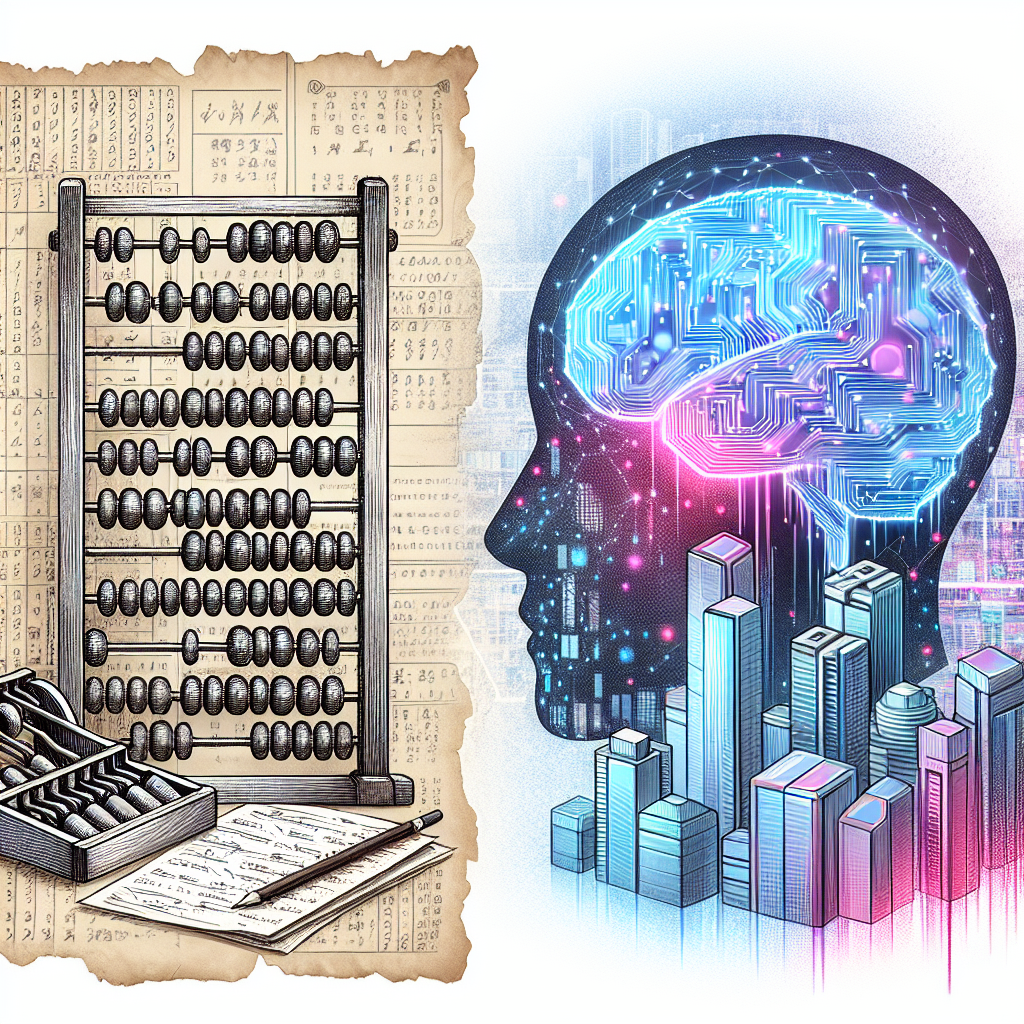In recent years, artificial intelligence (AI) has been transforming various industries, and real estate is no exception. One area where AI is making a significant impact is in property valuation methods. Traditionally, property valuation has been a time-consuming and subjective process, relying on human expertise and market knowledge. However, AI technology is now revolutionizing the way properties are valued, providing more accurate and efficient methods that can benefit both buyers and sellers.
AI-powered valuation tools use algorithms and machine learning to analyze a wide range of data points, such as property characteristics, market trends, comparable sales, and economic indicators. By processing this vast amount of information, AI can provide more precise and data-driven property valuations compared to traditional methods.
One of the key advantages of AI in property valuation is its ability to analyze large datasets quickly and accurately. This allows for a more comprehensive and objective assessment of a property’s value, taking into account a wide range of factors that may affect its market value. Additionally, AI can identify patterns and trends in the data that human appraisers may overlook, leading to more accurate valuations.
Another benefit of AI-powered valuation tools is their ability to adapt and improve over time. Machine learning algorithms can continuously learn from new data and feedback, refining their valuation models to become more accurate and reliable. This ongoing learning process ensures that the valuation methods remain up to date with changing market conditions and trends.
AI technology also offers greater transparency in property valuation. Traditional valuation methods can be opaque and subjective, leading to discrepancies and misunderstandings between buyers and sellers. AI-powered tools provide a clear and objective valuation process, with detailed explanations of how the valuation was calculated. This transparency can help build trust between all parties involved in a property transaction and ensure a fair and accurate valuation.
Furthermore, AI-powered valuation tools can help streamline the property valuation process, reducing the time and costs associated with traditional methods. By automating the data analysis and valuation calculations, AI can produce valuations faster and more efficiently, allowing for quicker decision-making in real estate transactions.
Overall, AI is redefining property valuation methods by providing more accurate, transparent, and efficient ways to assess the value of properties. As AI technology continues to advance, we can expect further improvements in property valuation methods, leading to more informed decisions and better outcomes for buyers and sellers in the real estate market.
FAQs:
Q: How accurate are AI-powered property valuations compared to traditional methods?
A: AI-powered property valuations are generally more accurate than traditional methods, as they can analyze a wider range of data points and identify patterns and trends that human appraisers may overlook. However, it’s important to note that AI valuations are still based on algorithms and may not capture all the nuances of a property’s value, so it’s always advisable to seek a professional appraisal for a comprehensive assessment.
Q: Can AI-powered valuation tools be used for all types of properties?
A: AI-powered valuation tools can be used for a wide range of properties, including residential, commercial, and industrial properties. However, the accuracy of the valuation may vary depending on the availability and quality of data for a particular property type. For unique or specialized properties, it may be necessary to supplement AI valuations with additional expert analysis.
Q: How does AI technology impact the role of human appraisers in property valuation?
A: AI technology complements the role of human appraisers in property valuation by providing more accurate and efficient valuation methods. While AI can automate data analysis and calculations, human expertise is still essential for interpreting the results, considering qualitative factors, and providing a comprehensive valuation report. Human appraisers can also provide valuable insights and knowledge that AI algorithms may lack, ensuring a well-rounded and informed valuation.
Q: Are AI-powered property valuations accepted by lenders and financial institutions?
A: AI-powered property valuations are increasingly being accepted by lenders and financial institutions as a reliable and objective assessment of a property’s value. Many lenders use AI technology to streamline their appraisal processes and ensure more accurate and consistent valuations. However, some lenders may still require a traditional appraisal conducted by a human appraiser for certain types of properties or transactions. It’s always best to check with your lender to determine their specific requirements for property valuations.

